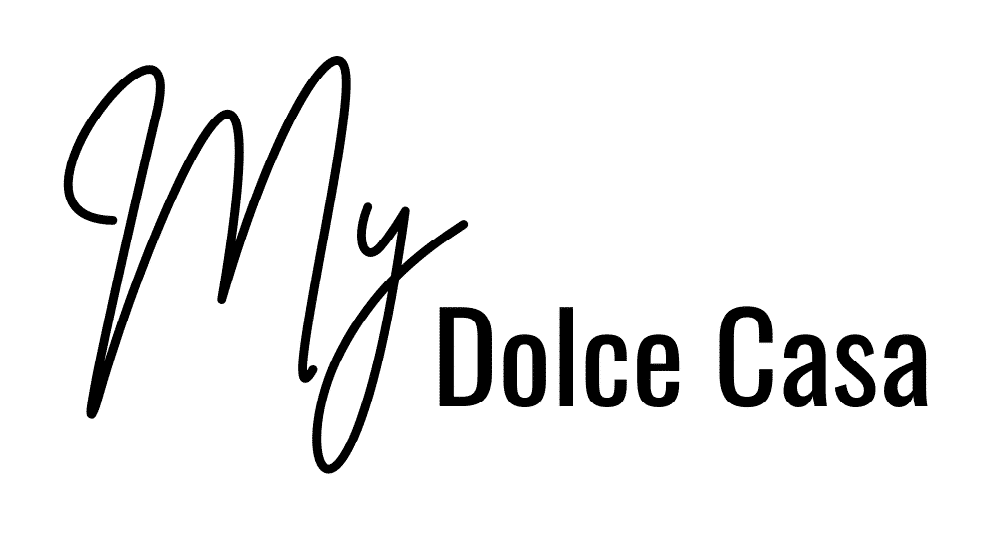The chance to work remotely from another country for a US business as an American might be a tempting one. You can explore other cultures, new lifestyles, and new foods while having the security of a steady income in a familiar job. However, it is crucial to carefully weigh the advantages and disadvantages of being a W2 employee versus switching to a 1099 contractor before you move abroad.
As a W2 employee or a 1099 contractor, choosing to work remotely for a US business while residing abroad may have major financial and legal repercussions. It can also affect your perks, privileges, and obligations as an employee.
So, should you stay as a W2 employee or switch to a 1099 contractor if you wish to work remotely for a US employer while residing in Europe, for instance? This article will examine the main distinctions between these two categories so you can make an educated choice based on your unique situation and objectives.
W2 employee vs 1099 contractor while working remotely from another country
Living in another country as an American, traveling, and experiencing a different lifestyle while keeping your current job might just be the ideal situation. But should you make any changes to your employment status? What is the difference between W2 workers and 1099 contractors?
W2 workers are seen as being employed by a business or organization, while 1099 workers are regarded as being independent. The following are the main distinctions between these two classifications:
- Tax treatment: W2 workers must pay FICA (Social Security and Medicare) tax and income tax withholding, which are withheld from their paychecks by their employer. Contrarily, 1099 contractors may need to make anticipated tax payments throughout the year and are in charge of paying their taxes, including self-employment tax.
- Benefits: W2 workers are often entitled to benefits from their company, such as paid time off, retirement programs, and health insurance. On the other side, 1099 contractors may not be qualified for the same sorts of benefits as W2 workers and are often responsible for procuring their coverage.
- Control and supervision: W2 workers are normally under the direction and control of their employer, and they could also be expected to abide by particular regulations and standards. On the other side, 1099 contractors are more in charge of their job and often have greater freedom in how they carry out their responsibilities.
- Termination: Subject to any relevant laws or rules, W2 workers have the con of being let go at any moment by their employer. On the other hand, since 1099 contractors often have more than one customer, they are exempt from these clauses and are free to end their working relationship with their customers on their terms whenever they see fit.
Understanding the distinctions between W2 workers and 1099 contractors can help you decide which categorization is more suited to your unique situation and objectives.
The tax ramifications of being a 1099 contractor vs a W2 employee while living abroad
Even when you live abroad you are still responsible to pay taxes in the US. It’s crucial to comprehend the tax repercussions of working as a W2 employee as opposed to a 1099 contractor if you’re an American citizen who is planning to move overseas and is thinking about the possibility of working remotely for a US firm.
Your tax liabilities and compliance requirements, as well as your entire financial planning and strategy, may be significantly impacted. The smartest thing to do before deciding is to consult with an accountant. The main tax ramifications of being a W2 employee as opposed to a 1099 contractor are as follows:
W2 employees:
W2 workers are regarded as being employed by a business or organization, and their employers are required to withhold income taxes and FICA (Social Security and Medicare) taxes from their salary.
Additionally, W2 workers often qualify for several tax breaks and credits, including the child and dependent care credit and the earned income tax credit. W2 workers, however, can also be liable for extra taxes, such as state and local income taxes, and they might not have as much leeway when it comes to tax planning and strategy.
1099 contractors:
Those who get a 1099 form are regarded as independent contractors and are in charge of covering their taxes, including self-employment tax (Social Security and Medicare tax for the self-employed). Although 1099 contractors often aren’t entitled to the same credits and deductions as W2 workers, they may be allowed to deduct certain company expenditures.
Additionally, 1099 contractors could have greater leeway in terms of tax planning and techniques, such as choosing to be taxed as a corporation or putting up a retirement plan. However, 1099 contractors can also be required to submit anticipated tax payments throughout the year and may be liable to extra taxes like state and local business taxes.
How to switch from a W2 to a 1099 as a remote worker from another country
If you’re looking change your employment status with your current job before moving abroad, the procedures to convert from W2 to 1099, or vice versa, are as follows:
- Consult a professional: Before changing your job status, it is best to speak with a trained expert, such as a tax accountant or a tax attorney. A specialist can provide you with advice on the best course of action depending on your unique situation and assist you in understanding the effects of the change.
- Notify your employer or client: After consulting with a professional and deciding to change your job status, you must inform your employer or client of the change. You may be required to provide formal notice or submit certain papers or paperwork depending on the details of the situation.
- Update your tax and payroll records: If your work status is changing from W2 to 1099 or vice versa, you must make the necessary changes to your tax and payroll records. This can include updating your payroll information and filing new tax forms.
You may effectively switch your job status from W2 to 1099 or vice versa by following these procedures, which will also guarantee that you are abiding by all applicable tax and legal regulations.
Cons of working as a 1099 contractor from outside the US
Although there are many advantages to being a 1099 independent contractor when you’re working remotely, you should remember that this kind of arrangement has the potential to fundamentally alter your working relationship with your company.
For instance, you may not be eligible for any further promotions or incentives, and you’ll be in charge of making your schedule and supplying your equipment. In addition, your company could be held accountable if they continue to treat you like a regular worker.
To that end, switching to a 1099 arrangement can be a suitable match if you’re at ease working for yourself and charging your previous company or others for your talents and knowledge. It may not be the greatest option, however, if you wish to keep up a comparable working connection with your existing workplace.
Some last tips for working remotely from another country
Once you understand all the advantages and disadvantages, and you wish to live overseas while working remotely for a US employer, here are some final tips for doing that effectively:
- Establish a dependable and regular work schedule: It’s critical to create a timetable that benefits both you and your company. To do this, you may have to figure out the optimum times for meetings, phone calls, and other business-related tasks with your boss or other team members, taking into account the time difference.
- Establish a dedicated workstation: When working remotely, having a dedicated workspace may aid in concentration and increase productivity. This can include choosing a peaceful, cozy spot in your house or apartment, where you can set up a desk, chair, and other essential furniture.
- Effective communication with your employer: Effective communication is crucial since working remotely might make this task more difficult at times. To this end, it’s critical to have open lines of communication with both your employer and team. This may include staying in contact and staying on task by utilizing methods like email, phone, or video conferencing.
- Stay organized and manage your time effectively: You are required to have time management skills when working from home abroad since you may not have the same amount of structure or oversight as you would in an office environment. To fulfill your obligations and meet deadlines, it’s critical to maintain organization and manage your time efficiently.
- Practice self-care and take breaks: Working remotely may be tough, so it’s important to look after your physical and emotional well-being. Setting limits, taking pauses, and figuring out methods to unwind and recharge may all be necessary.
If working for a US employer remotely is not a good choice for you, you still have many in-demand job options in the country where you choose to move: Portugal jobs for English speakers, France jobs for English speakers, Italy jobs for English speakers, Croatia jobs for English speakers, and Slovenia jobs for English speakers.



